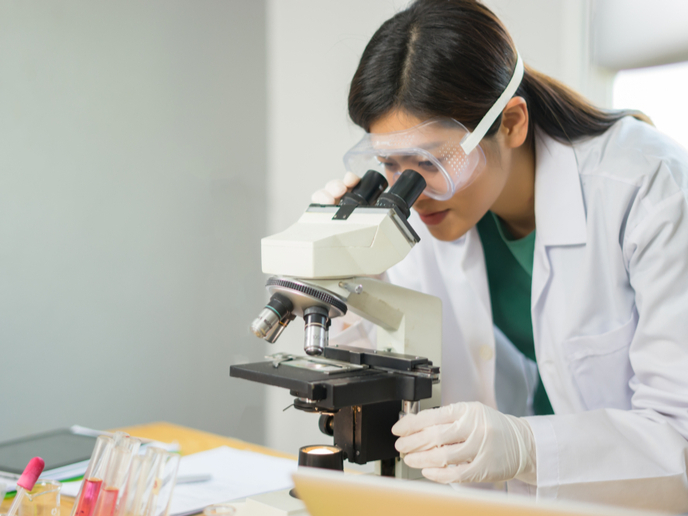Supporting global cooperation in rare disease research
Collectively, around 7 000 rare diseases affect some 30 million people in the EU alone. These diseases have a substantial impact on public health, society and national economies. Their rarity and diversity pose specific challenges for research, healthcare, and the development and marketing of treatments. Consequently, many patients with a rare disease lack timely and accurate diagnosis – and even fewer receive tailored treatments. With research into rare diseases happening around the world, it is important that results are shared, not siloed. Increasingly, global coordination of these efforts is widely recognised as necessary to avoid duplication, fragmentation, redundancy and research gaps, and to accelerate translation of results into diagnostics and treatments. The IRDiRC was established to do exactly this: to enable all people living with a rare disease to receive an accurate diagnosis, care and available therapy within one year of seeking medical attention. To ensure the Consortium had the organisational and communication support it needed to work toward this ambitious vision, the European Commission funded the SUPPORT-IRDiRC (Support for international rare disease research to serve the IRDiRC objectives) project, which established the IRDiRC Scientific Secretariat. “The IRDiRC Scientific Secretariat is an integral part of IRDiRC’s productivity,” says Project Manager, Dr Anneliene Jonker. “Through the project’s support, the IRDiRC has been able to advance its goals and catalyse progress in rare diseases research.” Supporting the IRDiRC The SUPPORT-IRDiRC project reinforced international cooperation in research on rare diseases in numerous ways. For example, by organising meetings and supporting coordinated actions between the Consortium’s stakeholders, the project facilitated the exchange of information, optimised the use of resources, and enabled the sharing and publication of data. Through its support for the development of standard operating procedures and adoption of data standards – including a better classification of rare diseases – the project also contributed to the establishment of standard policies and guidelines. The project assisted the Consortium in knowledge management through the collection of rare disease research outcomes, monitoring global policy developments, measuring progress, and sharing emerging best practices in rare diseases research. It also helped the IRDiRC communicate its outcomes to its members, the rare disease community, and the public in general. Incredible progress in rare disease research “Over the past six years, IRDiRC has made great strides toward its goals, growing from 30 to 60 members, setting up three new committees, running 10 Task Forces, publishing 15 articles, organising international conferences, gathering over 500 stakeholders in rare diseases for annual discussions, and establishing a roadmap for the future,” says Jonker. “The IRDiRC Scientific Secretariat and IRDiRC work in close collaboration to achieve incredible progress and enhance global coordination of rare diseases research.” Although the SUPPORT-IRDiRC project has ended, the Scientific Secretariat continues to be an intrinsic part of IRDiRC. It will now be sustained through the European Joint Programme for Rare Diseases, where it will continue to assist IRDiRC and the rare disease community. “The standards, guidelines, goals and meetings resulting from the project have set a solid foundation for rare disease research for the next decade,” Jonker concludes.
Keywords
SUPPORT-IRDiRC, IRDiRC, rare diseases, rare disease research, International Rare Diseases Research Consortium



